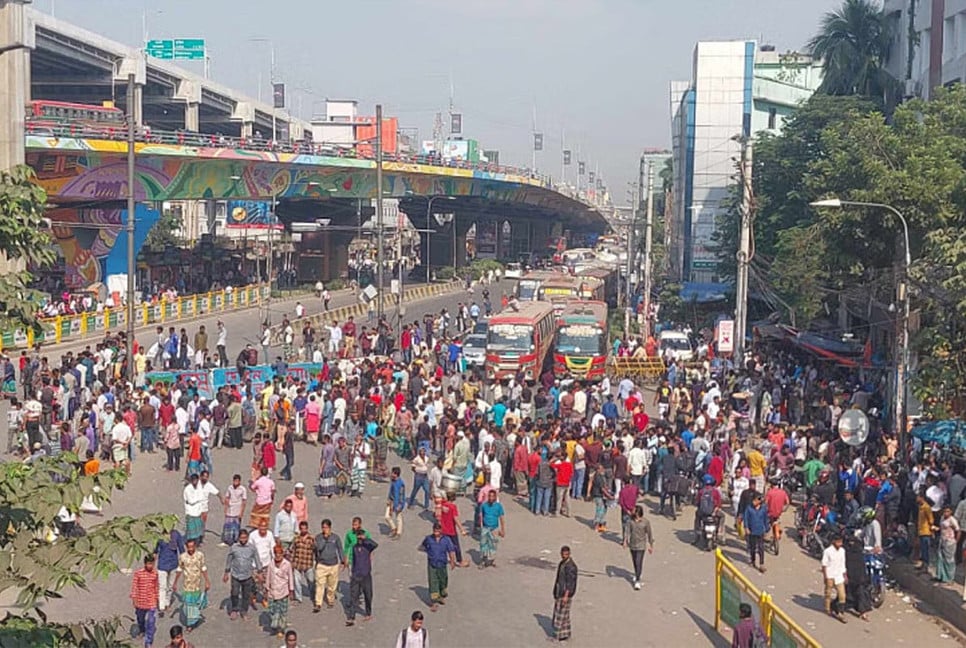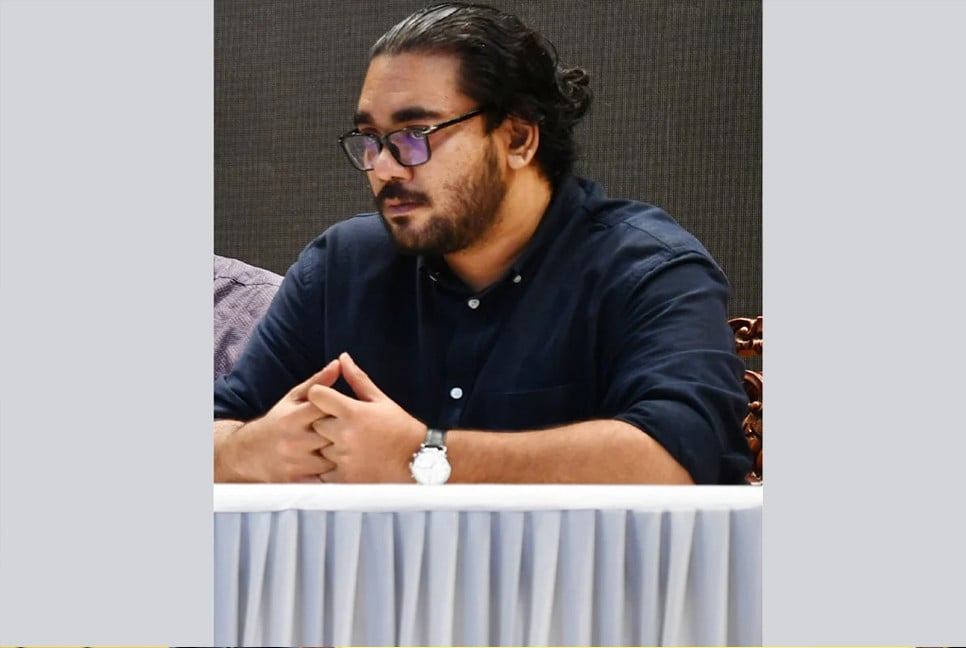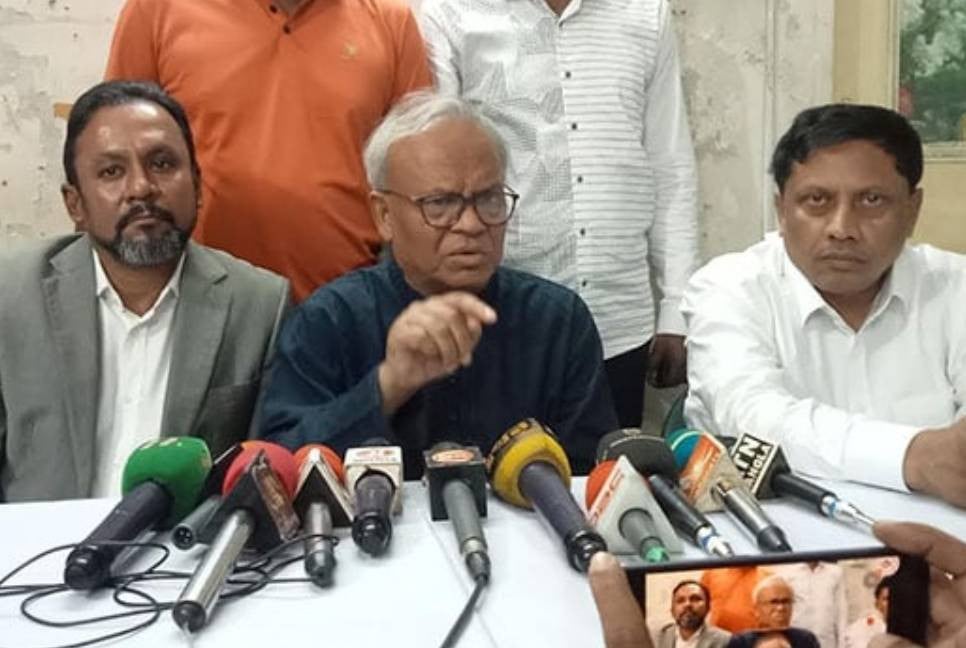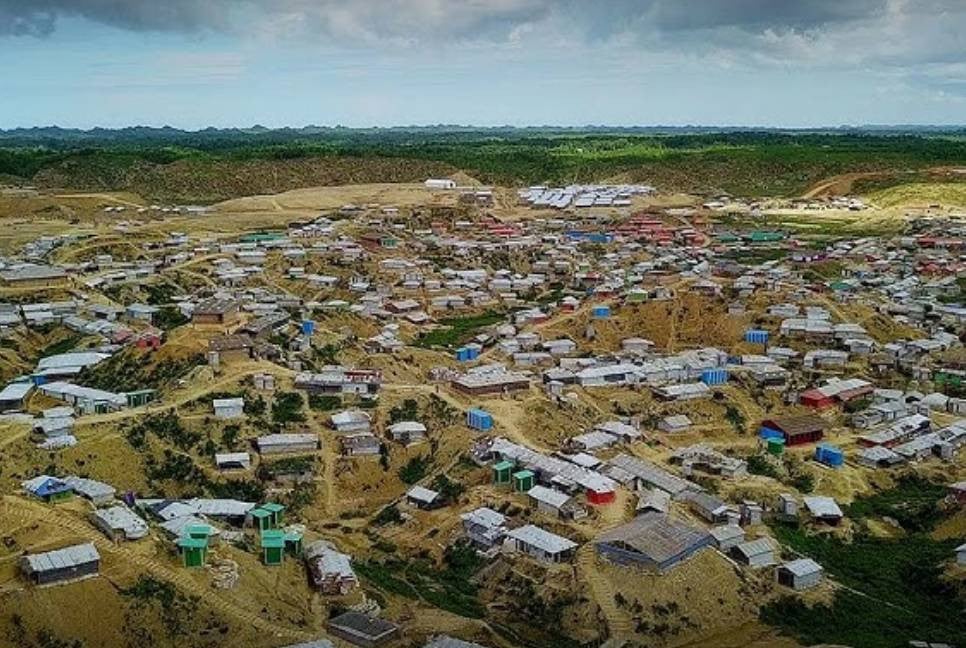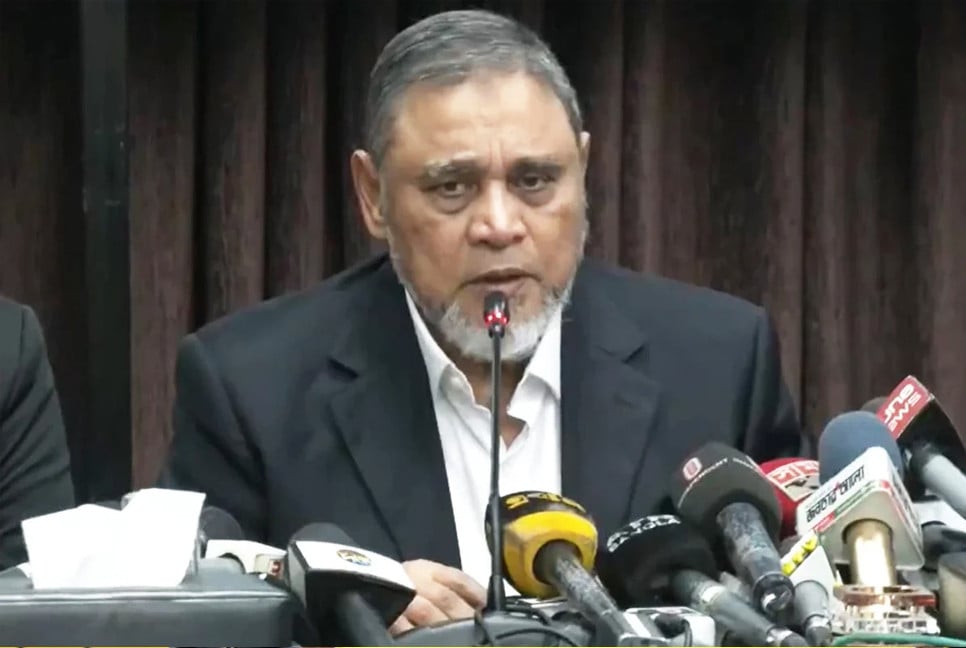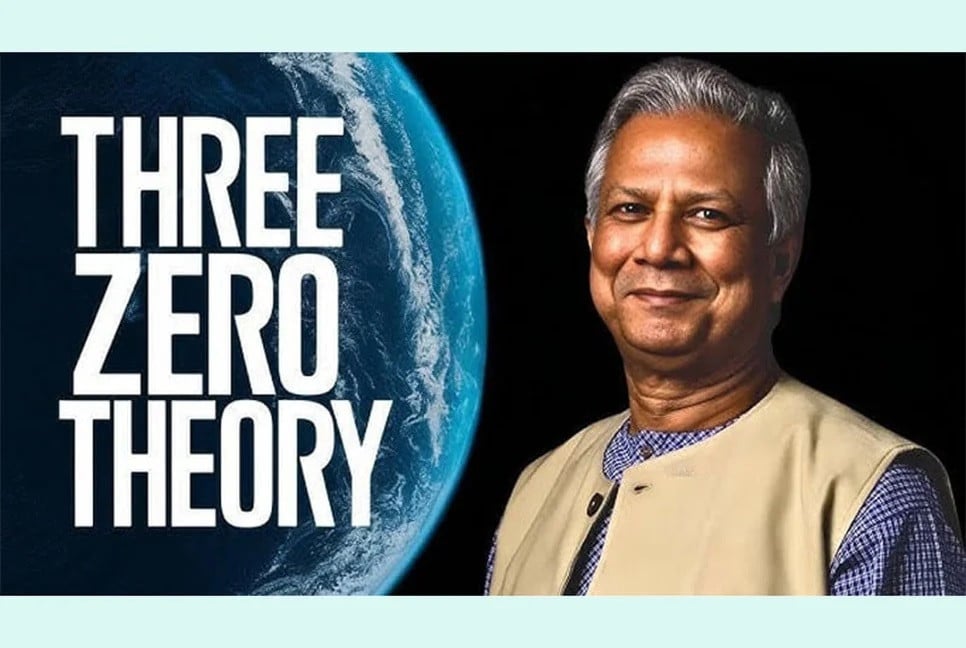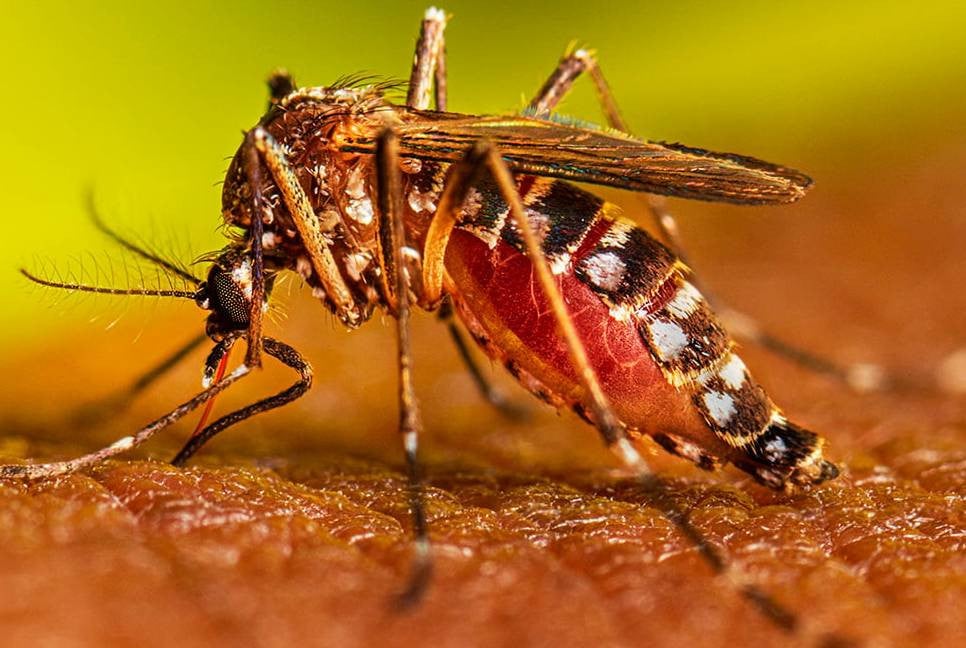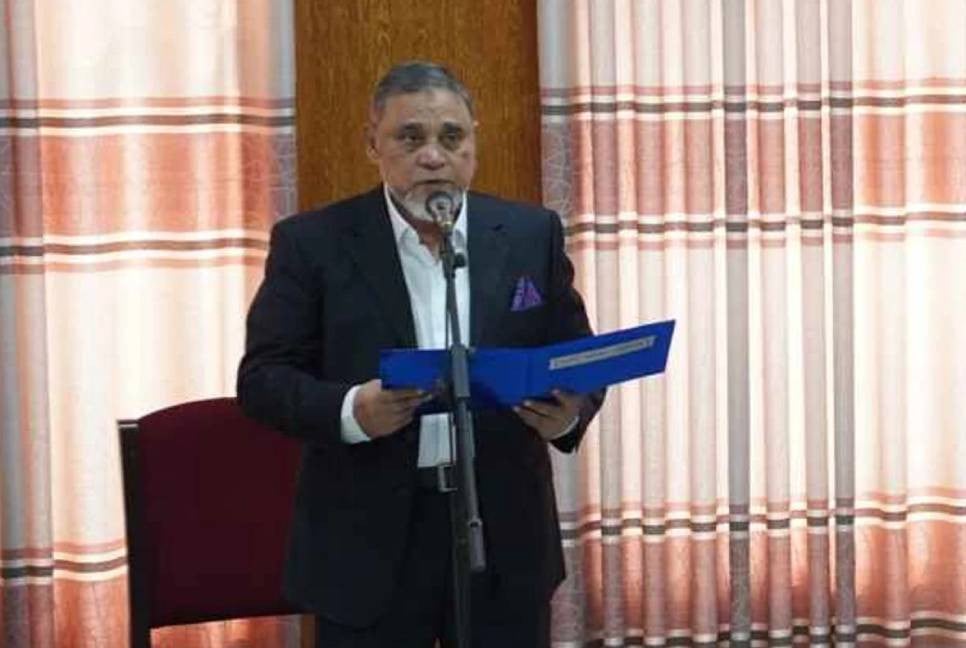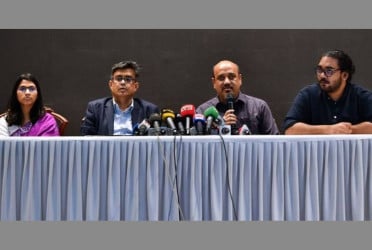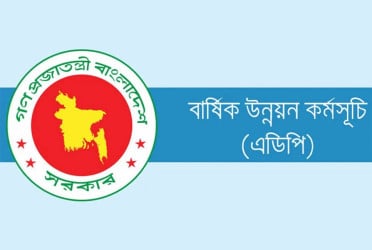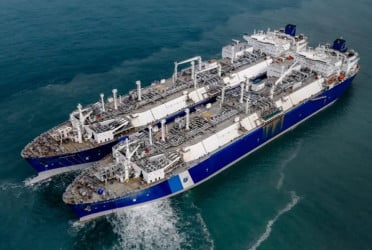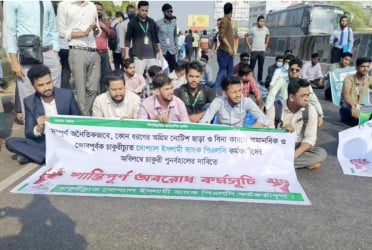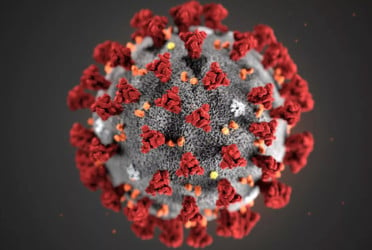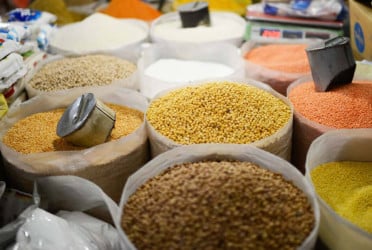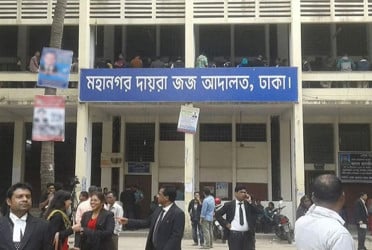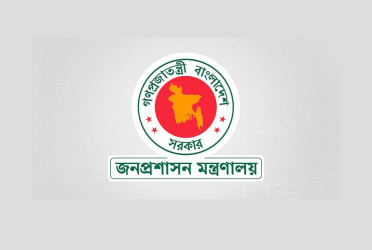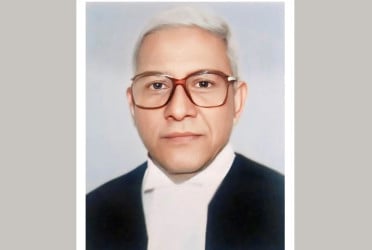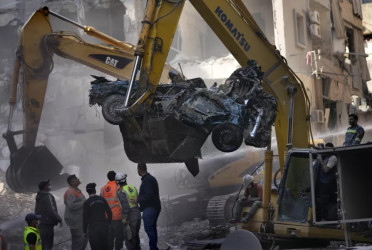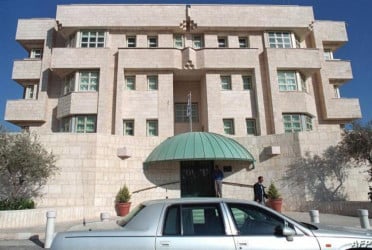The water at four rivers surrounding the capital Dhaka has filled with various toxic elements including arsenic, chromium and cadmium which might form a dire situation in the upcoming winter season.
Although the National River Conservation Commission (NRCC) promised in March this year to make four rivers clean and vibrant with fresh water and movement of various species of fish and boats with sail, the water in these four rivers become more condensed, black by the toxic industrial waste. Besides human waste has also increased odour in the river water ahead of winter which might intensify during the dry season.
Concerned authorities have taken various steps several times to save these four rivers from pollution and failed repeatedly due to the desperate dumping of waste and toxic industrial water filled with poisonous elements.
Contacted, National River Conservation Commission Chairman Dr Manjur Ahmed Chowdhury told Bangladesh Pratidin that they are trying to free the four rivers from pollution.
“We announced to make the four rivers surrounding Dhaka pollution free within 17 March. More than three months to go to keep our wards. Works are underway. However, the works are not satisfactory. We have a fund shortage. Besides we have noticed some other problems with these rivers. We have saved the Meghna River from sand lifters. A committee is going to Patuakhali to rescue a river and Chatttogram, to save the Karnaphuly River. We are working day and night to save the rivers across the country. At this moment, I am staying in Kushtia to save a river. Freeing encroachment and pollution of the four rivers is not a dream, it’s an ongoing process. The river has many enemies. There are many types of obstacles. We are trying our best.”
According to research, published in the Science of the Total Environment, a weekly international peer-reviewed scientific journal, dangerous and harmful microplastics and heavy metals have been found in fish, snails and crabs of the Buriganga River. Poisonous arsenic, chromium, cadmium, and lead have also been found, it said.
Mostafizur Rahman, team leader of the research team and also an associate professor of the Environmental Science Department at Jahangirnagar University said the amount of microplastic found in the Buriganga River is more than all previous research. These poisonous microplastics and heavy metals can be dangerous to the human body through the food chain.
River and Delta Research Centre (RDRC) Chairman Mohammad Ezaz told Bangladesh Pratidin that they are monitoring sewerage lines which fall in the four rivers.
“Not a single sewerage line has been closed to stop toxic material in the river. Human waste and industrial waste pollute the rivers continuously as most of the people on the bank of these four rivers, he added.
@ The article was published on print and online versions of The Bangladesh Pratidin on November 25, 2022 and has been rewritten in English by Golam Rosul.


